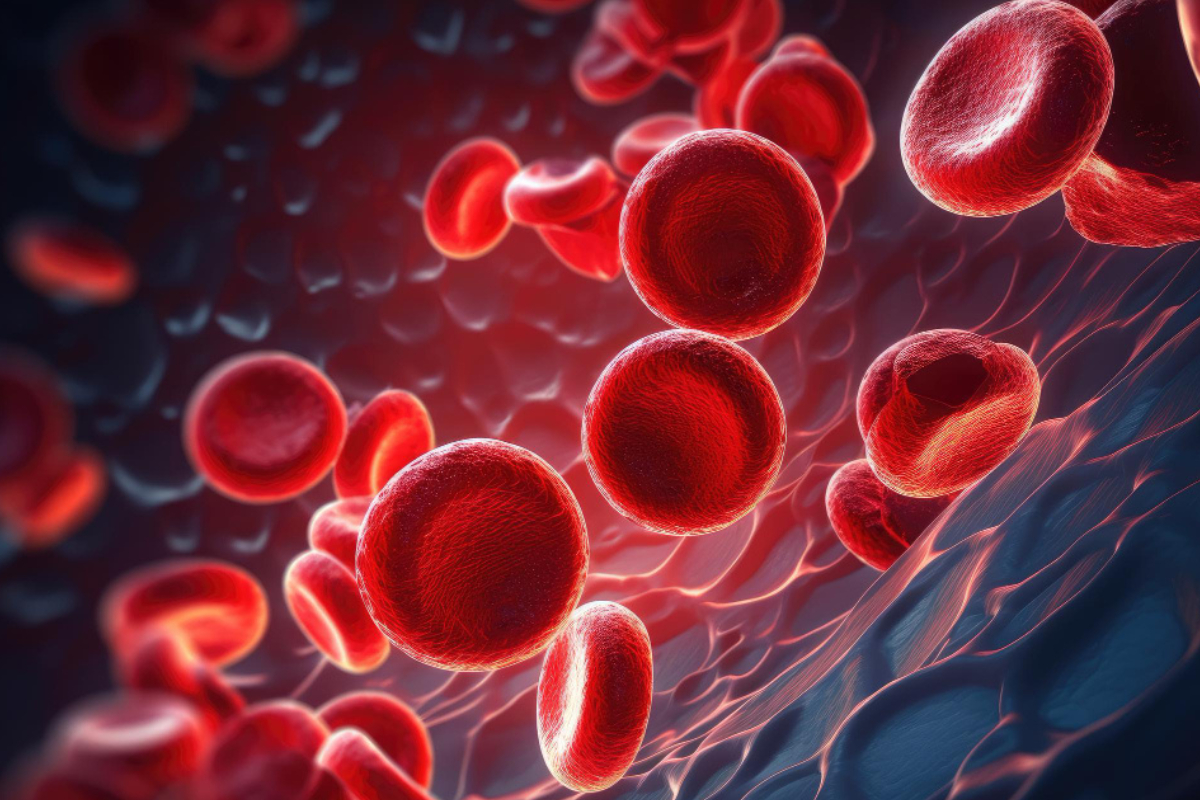ASH 2021,which ended on December 14, 2021, was a premier event in malignant and non-malignant hematology. Like every year, key pharma players took center stage and shared new data regarding the development of their primary candidates in cancer and blood disorders, showcasing the impact of ongoing research. DelveInsight, maintaining an essence of brevity, has compiled the conference’s major highlights so that you do not miss out on these expansions in hematology.
Diffuse Large B-cell Lymphoma/ Large B-cell lymphoma (LBCL) Highlights: ASH 2021
Key pharma companies involved in presenting their DLBCL/LBCL data readouts during the conference included Roche, Novartis, BMS, Karyopharm Therapeutics, Incyte, ADC Therapeutics,and Genmab.
- Breakthrough results from Phase III POLARIX study in front-line DLBCL (Late Breaking Abstract): Genentech presentedthe data from their pivotal Phase III POLARIX study in patients with previously untreated DLBCL. As per results presented at ASH 2021, polatuzumab vedotin in combination with R-CHP significantly reduced the risk of disease progression, relapse, or death (progression-free survival) by 27% compared with the current standard-of-care, which is R-CHOP. Moreover, the company stated that Polivy regimen is the first therapy in two decades to improve PFS in DLBCL compared to the standard of care. POLARIX trial, more than an essential advancement in this disease space, is a beacon of hope to people suffering from DLBCL. Therefore we believe that a Polivy-based regimen is bound to enter the market without delay and conceivably change the disease course for many people with DLBCL.
- BMS’ Unveil CAR-T Successes in R/R LBCL: Bristol Myers Squibb (BMS) presented the promising data from its pivotal TRANSFORM study evaluating Breyanzi (lisocabtagene maraleucel) as a second-line treatment in adults with R/R LBCL. According to the results, BMS unveiled that Breyanzi had outperformed the current standard of care for patients in R/R LBCL that significantly led to improved event-free survival (EFS). High-dose chemotherapy and stem cell transplant provide long-term benefits to only a small proportion of patients with R/R LBCL. Data from this Phase III trial showed that Breyanzi significantly improved median EFS with a median of 10.1 months, while the standard of care treatment only offered an improvement of 2.3 months with a 65% improvement. DelveInsight believes that this study not only showed that lisocabtagene maraleucel is more efficacious but is also absolutely manageable concerning its safety profile.
- Karyopharm Therapeutics presented data from Phase II/III XPORT-DLBCL-030 study in R/R DLBCL: Karyopharm Therapeutics presented the pioneering data from its trial assessing rituximab-gemcitabine-dexamethasone-platinum (R-GDP) with or without selinexor in patients with R/R DLBCL within 1–3 prior lines of therapy. The company also mentioned that combining selinexor with R-GDP is expected to improve response rates, and continuation of treatment with single-agent selinexor is expected to prolong the duration of responses, improve PFS (and potentially OS) in patients with R/R DLBCL.
- Ibrutinib plus R-mini-CHOP misses overall survival (OS) endpoint but shows improved PFS in newly diagnosed DLBCL: Ibrutinib plus rituximab and mini-CHOP failed to demonstrate a statistically significant improvement in overall survival at 2 years but led to an improvement in progression-free survival, quality of life, and function in elderly patients with DLBCL.
- ADC therapeutics announced that their interim Phase I/II results of Zynlonta and ibrutinib (Imbruvica) resulted in high objective and complete response (CR) rates and an acceptable safety profile in patients with R/R DLBCL.
- Presented the data from Phase I clinical trial with YTB323 (autologous CD19-directed CAR-T cell therapy) in patients with R/R DLBCL. The company also mentioned that YTB323 showed promising results in terms of efficacy, and the unique characteristics of the T-Charge platform may lead to better and more durable responses, improved long-term outcomes, and a reduced risk of severe adverse events. In addition to that, the company states that the introduction of CAR-T cell therapy has led to unprecedented efficacy results for patients facing limited treatment options.[D1]
*R-CHP: Rituxan, Cyclophosphamide, Doxorubicin, and Prednisone; R-CHOP: Rituxan, Cyclophosphamide, Doxorubicin, Vincristine, and Prednisone; ORR: overall response rate; CR: complete response; PR: partial response


